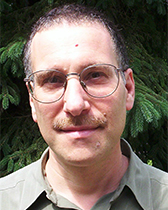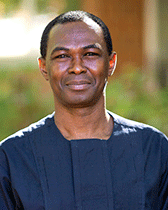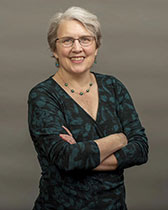African History

Related Programs:
Before the 1960s, the history of Africa figured largely as background for accounts of European empire; Africans themselves were thought to exist outside of history. The pioneers in reversing this conception included visionaries at African-American institutions, like Carter Woodson and W.E.B. Du Bois, and anthropologists like Melville Herskovits, founder of Northwestern’s Program of African Studies. The critical spirit of Du Bois and the interdisciplinary perspective of Herskovits both inform the practice of African history today. Historians of Africa often rely on unconventional methods and sources, including historical linguistics, oral literature, comparative ethnography, and archaeology. Such methods are especially vital to studying the precolonial past, a field in which Northwestern has long been a leader. But the study of modern Africa is equally enriched by such methods, which help scholars recover voices that are rarely captured in conventional archives. Faculty and students at Northwestern specialize in intellectual history, modern and ancient; environmental history; colonial and precolonial Islam; and the global connections across the Atlantic and Indian Oceans that have shaped African lives in the continent and the diaspora. Our goal is to reach understandings of the African past unrestricted by the assumptions of Western epistemologies, an endeavor that requires intellectual engagement with colleagues across the disciplines.






